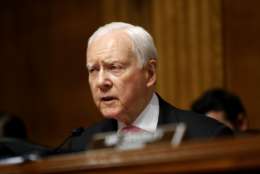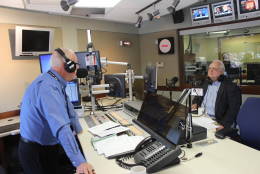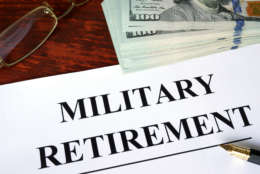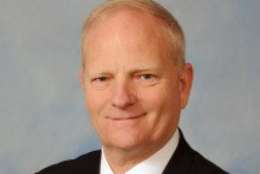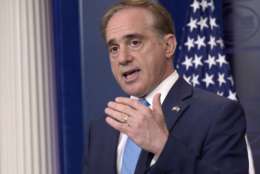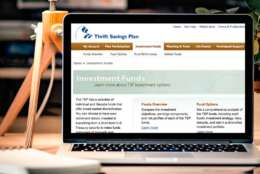Benefits
-
Sen. Orrin Hatch has dropped an amendment to a tax reform initiative restricting federal employees from making extra contributions to the retirement savings plans.
November 16, 2017 -
Whatever advantages the non-fed health plan has while you are both working will likely disappear when your spouse retires.
November 16, 2017 -
Do you need to get Medicare Part B? What are the advantages of an HMO? What’s the difference between a self only plan, a self-plus-one plan and a family plan? Walton Francis, author of the Checkbook Guide to Health Plans for Federal Employees, will answer those questions and more when he joins host Mike Causey on this week's Your Turn.
November 14, 2017 -
If somebody offered you $2,000 for two hours of work and it's not illegal, immoral or fattening, would you take it?
November 14, 2017 -
If customer service is the most important factor when it comes to picking a federal health plan, how can you judge it unless you try it?
November 13, 2017 -
Participants in the Federal Employee Health Benefits Program should take note that Monday, Nov. 13 marks the first day of open season. Here's an at-a-glance rundown of what to expect during open season.
November 10, 2017 -
Put 10 federal workers from 10 different agencies in the same room, and odds are at least six of them have the same health plan.
November 09, 2017 -
In January, the armed forces will be implementing its blended retirement system. Senior Correspondent Mike Causey explains it all.
November 08, 2017 -
The armed forces will be implementing the blended retirement system in January. So what does that mean if you are already in the service? What are the benefits of switching to the new system? Find out when Michael Meese, chief operating officer of AAFMAA, joins host Mike Causey on this week's Your Turn. November 8, 2017
November 07, 2017 -
Nearly two-thirds of participants in the Federal Employees Health Benefits Program were enrolled in one of the two Blue Cross Blue Shield Association fee-for-service plans as of 2015.
November 07, 2017 -
Veterans Affairs Secretary David Shulkin is launching a veterans benefit advisory board to begin a strategic review of the many and diverse programs VA currently offers.
November 06, 2017 -
The benefits-eating monster is real. And still out there. Just as you suspected.
November 03, 2017 -
From January 2016 to August of this year, the number of self-made federal worker millionaires jumped from 3,272 to 16,475.
October 31, 2017 -
The federal government’s in-house retirement system was doomed as late as last week, but then it got better.
October 30, 2017 -
Senior Correspondent Mike Causey says 90 percent of the federal workforce will be hit hard if the GOP plan to trim contributions to 401(k) plans becomes law.
October 27, 2017

